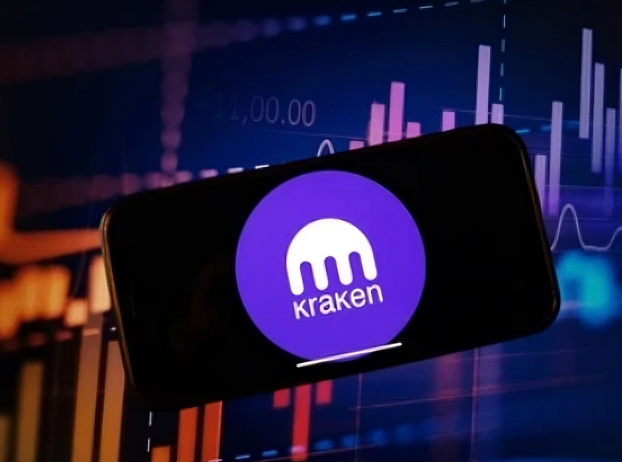Kraken has submitted a confidential draft S-1 registration statement to the U.S. Securities and Exchange Commission, formally entering the IPO pipeline after years of market speculation. The crypto exchange announced the filing Wednesday, taking its biggest step yet toward becoming a publicly traded company.
The submission arrived days after Kraken disclosed a fresh $20 billion valuation. The California-based firm raised $800 million across two tranches over two months, according to Tuesday's announcement that preceded the IPO filing disclosure.
Wednesday's filing excludes details on timing, share count, or pricing structure. SEC review alongside prevailing market conditions will determine when Kraken proceeds with its public debut, following standard procedures for confidential submissions under securities regulations.
Company Background and Offerings
Founded in 2011, Kraken operates as one of crypto's oldest continuously running trading venues. The platform's product suite spans over 450 digital assets plus U.S. futures, equities, ETFs, and institutional services, according to company materials released with the announcement.
Previous reports indicated Kraken targeted early 2026 for its stock market debut. The confidential filing allows the company to begin regulatory review while maintaining flexibility on exact launch timing based on market conditions and SEC feedback.
Market Context and Regulatory Environment
The submission lands during a notable resurgence in crypto IPO activity following President Donald Trump's return to the White House. Firms including Bullish, Circle, and Gemini completed public listings earlier this year, signaling a growing appetite for cryptocurrency exposure through traditional equity markets.
Grayscale formally moved to list on the New York Stock Exchange earlier this month, joining the broader push to bring digital asset companies deeper into public markets. The Trump administration's crypto-friendly stance accelerated the trend as regulatory clarity improved for companies seeking to go public.
Related Financial Innovations
In a separate development, a conduit bond structure in New Hampshire requires private borrowers to post roughly 160% of the bond's value in Bitcoin as collateral. If Bitcoin prices drop below approximately 130% of the borrowed amount, automatic liquidation ensures bondholders receive full repayment without losses.
Wave Digital Assets co-founder Les Borsai stated the goal is to bridge traditional fixed income with digital assets for institutional investors. The structure demonstrates how public and private sectors can collaborate to unlock value responsibly from digital asset reserves, according to Borsai's comments.
Fees generated from the transaction will fund New Hampshire's innovation and entrepreneurship program through the Bitcoin Economic Development Fund. BFA Executive Director James Key-Wallace confirmed the arrangement directs proceeds toward supporting local business development and economic innovation initiatives.

